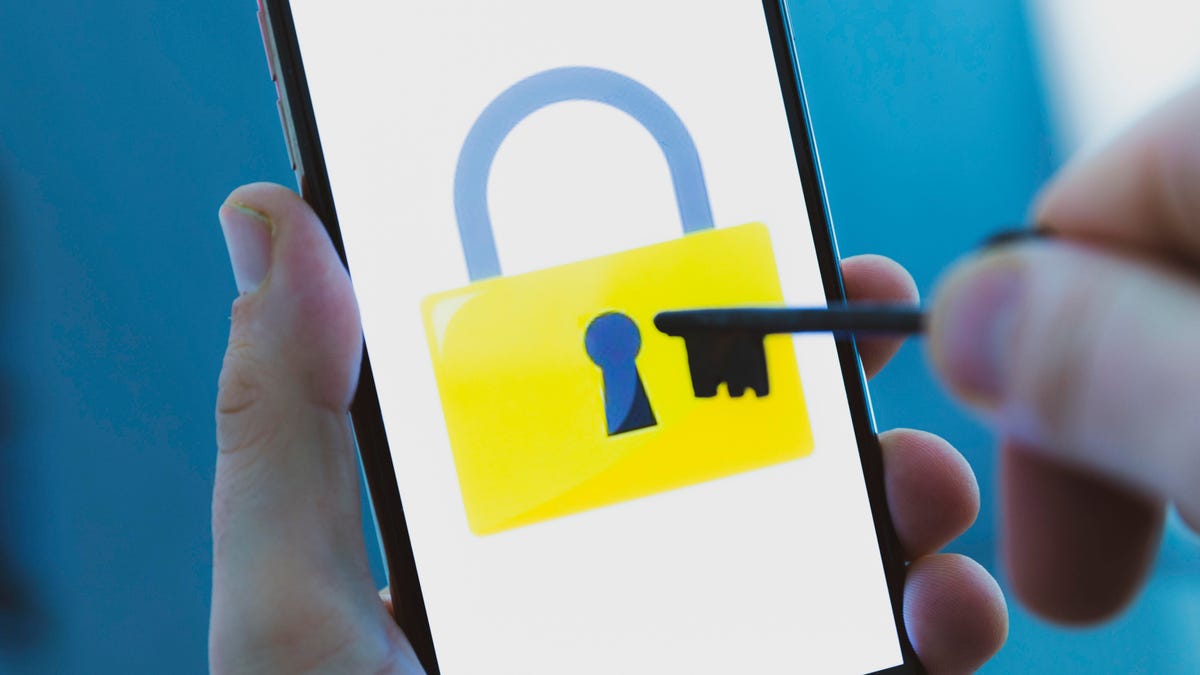Facebook will have to give UK police access to encrypted messages, report says
Under an upcoming treaty with the US, Facebook, WhatsApp and other social media services will have to make data available, says a Bloomberg report.

UK police want a way to access encrypted communications.
Facebook and its messaging tool WhatsApp will have to give UK police access to users' encrypted messages under an upcoming treaty with the US, says a Saturday report by Bloomberg, which cites a confidential source. The treaty, which covers other US-based social media platforms as well, would require the sharing in regard to investigations of serious crimes, such as terrorism and pedophilia, Bloomberg said.
Under the treaty, scheduled to be finalized in October, the US and UK won't investigate each other's citizens, and information obtained from British firms can't be used by the US in death penalty cases, Bloomberg reported.
For some time, law enforcement officials in both countries have argued that uncrackable encryption provides cover for criminals. Police say "back doors," or secret access portals, should be built into such systems so law officers can carry out investigations. Critics, though, worry about surveillance abuses and say such back doors would also be discovered and used by malicious hackers.
In December, Australia passed legislation that forces tech companies to help law enforcement agencies access the encrypted communications of suspected criminals, the world's first such legislation, according to the BBC.
In the US, privacy advocates are pushing the government to unseal a secret court ruling in an encryption case involving the Department of Justice and Facebook. The 2018 ruling held that the FBI couldn't force the social network to wiretap encrypted phone calls on Facebook Messenger. The advocates say the ruling has important implications for future cases on privacy and government surveillance.
In May, Apple, Google, Microsoft, WhatsApp and others pushed back against a proposal by the UK intelligence agency GCHQ that offered a way for police to access private messages without breaking encryption. GCHQ suggested an approach in which service providers would "silently add a law enforcement participant to a group chat or call," without notifying the other participants. The tech companies said this "ghost key" approach threatens cybersecurity and human rights.
The US Department of State didn't immediately respond to a request for comment on Bloomberg's story about the treaty. Facebook provided the following statement:
"We believe in the right for people to have a private conversation online," Facebook said. "End-to-end encryption helps protect that right and is fundamental to the value we provide to over a billion people every day. We oppose government attempts to build back doors because they would undermine the privacy and security of our users everywhere. We also respect the role law enforcement has in keeping people safe. Government policies like the CLOUD Act allow for companies to provide available information when we receive valid legal requests and do not require companies to build back doors."
Originally posted Sept. 28, 1:24 p.m. PT.
Update, 2:03 p.m.: Adds statement from Facebook.

